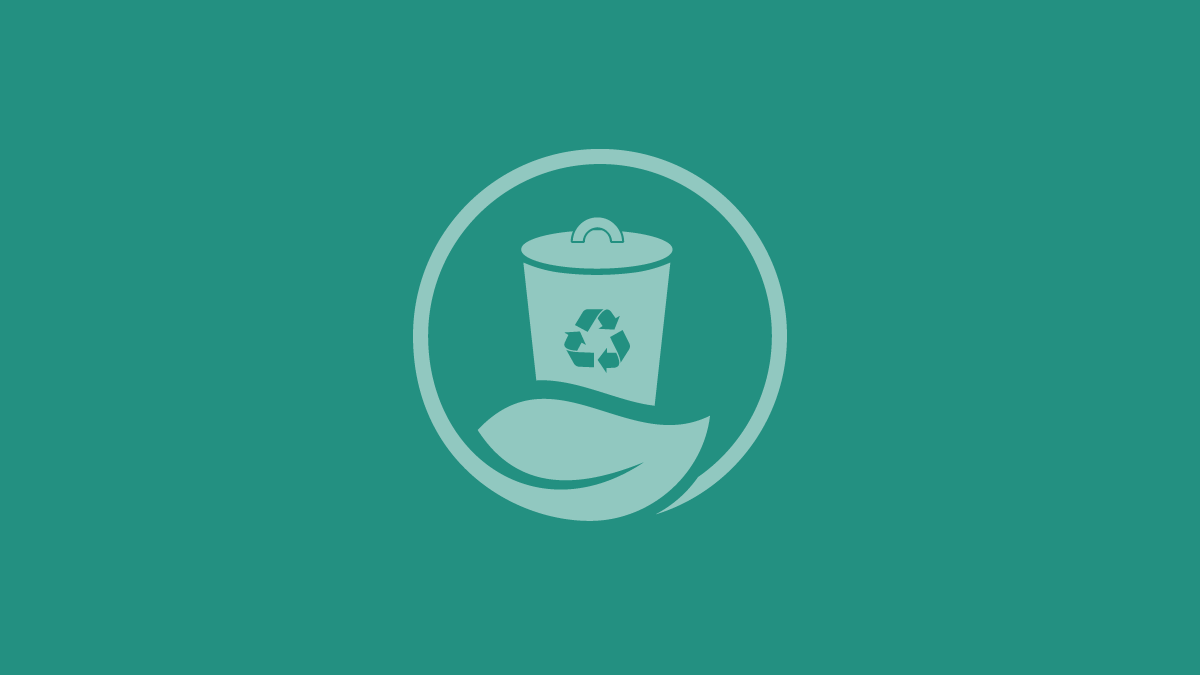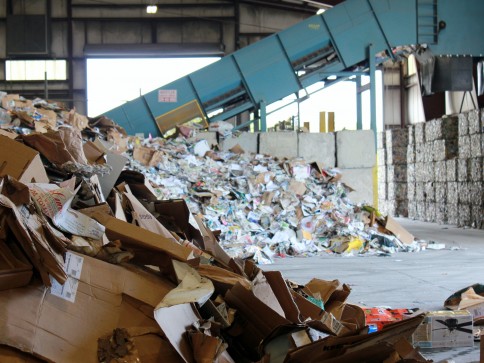How Citizens Concerned About Plastic Pollution Are Educating Ulster County on the Dangers of Plastic
By Nicole Oritz, UCRRA Master Composter Master Recycler
We’re back with another Plastic-Free July article to celebrate this month.
This time, we’re looking at Citizens Concerned About Plastic Pollution (CCAPP), a group dedicated to educating Ulster County residents about the dangers of plastic and advocating for legislation to control plastic pollution across the state. CCAPP is an affiliate of nonprofit Beyond Plastics as of 2022 (and who we interviewed for our first Plastic-Free July piece).
The group came together in 2020 after some founding members took Beyond Plastics’ President Judith Enck’s virtual class over a common desire to defend against plastics. But CCAPP takes a hyper-local approach in its community awareness and outreach efforts, like tabling at the Kingston farmer’s markets, selling Tiffins, petitioning at local supermarkets and educational events at schools.
One of its biggest accomplishments in recent years has been helping to pass the Packaging Reduction and Recycling Infrastructure Act. Now, the group is working toward Ulster County town-specific resolutions to limit plastic production and pollution.
“Underlying everything, our real mission is education, and it is to get people aware—and aware beyond just their own frustration with plastics for them to understand that there are things that they can do,” said Sarah Mecklem, one of the founding members of the organization.
In meeting with the public, CCAPP is finding that there are some recurring questions that come up. Largely, people are confused about what plastics are and are not recyclable in Ulster County (and lucky for you, UCRRA has some resources on that!). Additionally, they’ve educated a lot of residents about single-use plastics like straws and utensils as well as compostable plastics, which can’t be easily processed in New York state since there are very limited industrial composting facilities that can accept.
“Every single step of a plastic’s life is harmful to us,” said member Marie Miller. “It’s harmful when it’s created, when we have it in our midst. It’s in our carpets. We’re breathing it. We’re eating it. We throw it away.”
“The lifecycle of that little bit of plastic has caused so much harm to people,” she added.
So where can the public go when there’s so much confusion around plastic usage and the concerns that come from plastic creation and pollution?
The CCAPP group agreed about one of their favorite ways to cut down on single-use plastics: exploring the Hudson Valley’s many bulk grocery stores and refilleries where you can shop with your reusable bags and non-plastic produce bags. And with local grocers like Adams Fairacre Farms, you can order cold cuts and fish without the plastic and just wrapped in paper.
And for those that are looking to celebrate Plastic-Free July, perhaps for the first time ever, a good starting place is to do self-inventory—even just starting with where you’re at in the current moment. Plus, learning about what is and isn’t recycling helps and finding items you can swap, like using toothpaste tabs instead of a tube of toothpaste or shampoo bars instead of bottles.
“What plastic is in my clothes? What plastic is in my bag?” said Founding Member Susan Murphy. “And then from there, begin to figure out, ‘Well, this I don’t need. That I don’t need.’ Just to start really thinking about it on a deeper level than ‘Let’s just toss this in the recycling and it’ll be taken care of.’”


